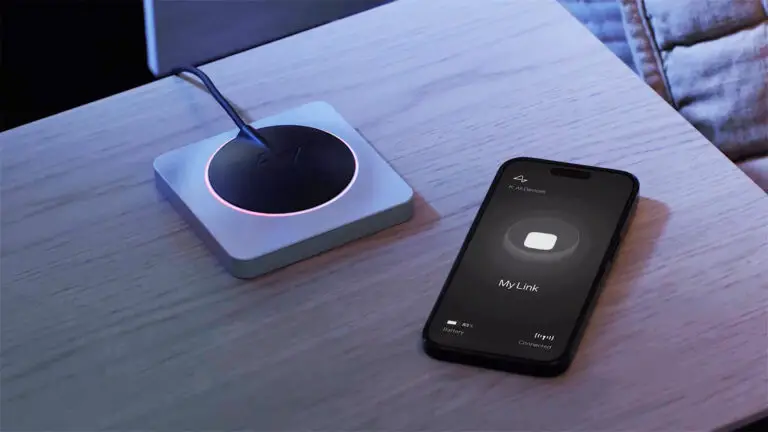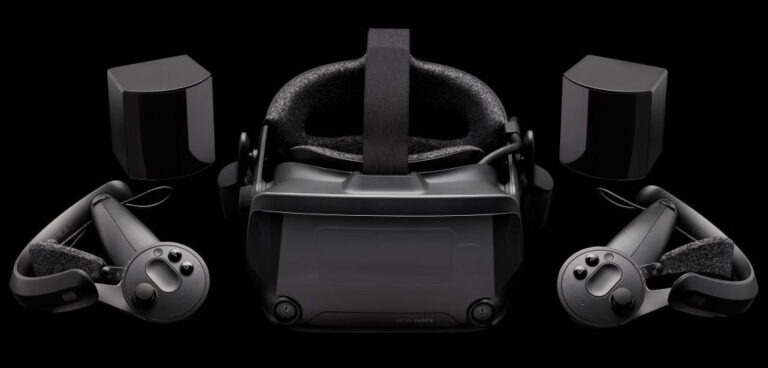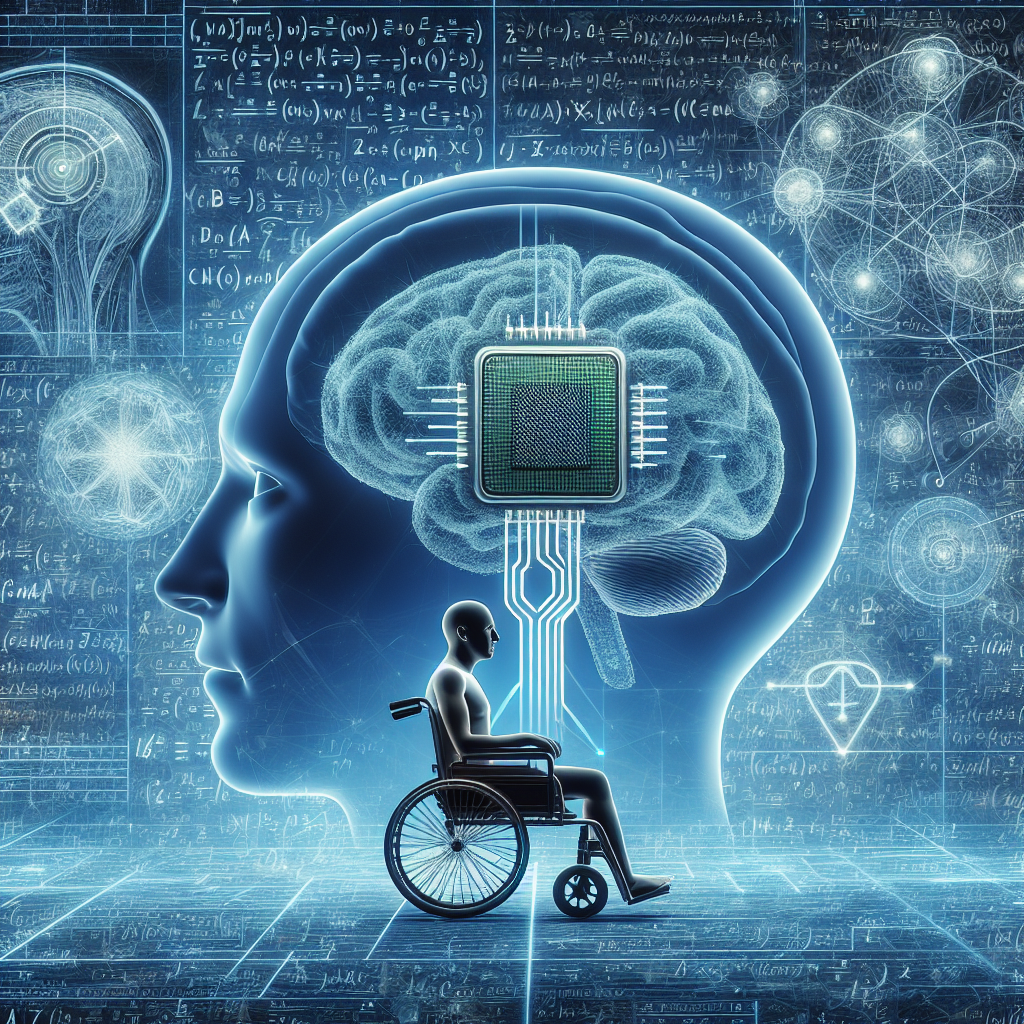Neuralink’s First Brain-Computer Implant Patient
The inaugural recipient of a brain-computer implant from Neuralink is reportedly in good condition following the surgery, as announced by the company’s founder, Elon Musk. The initial outcomes have shown promising signs of neuron spike detection.
The first human received an implant from @Neuralink yesterday and is recovering well. Initial results show promising neuron spike detection.
— Elon Musk @elonmusk.twitter.com (@elonmusk) January 29, 2024

Neuralink’s Brain-Computer Interface
Neuralink’s brain-computer interface (BCI), named Telepathy, is a fully implantable system that’s designed to be cosmetically invisible. It enables users to control and communicate with computers or mobile devices using only their brain activity. The primary target group for this revolutionary technology includes individuals who have lost the use of their limbs.
Enables control of your phone or computer, and through them almost any device, just by thinking. Initial users will be those who have lost the use of their limbs. Imagine if Stephen Hawking could communicate faster than a speed typist or auctioneer. That is the goal.
— Elon Musk @elonmusk.twitter.com (@elonmusk) January 30, 2024
- Control of phones and computers through brain activity
- Communication capabilities for those with mobility impairments
- Interface that is cosmetically invisible once implanted
Competitors in the BCI Market
While Neuralink is a significant player in the BCI industry, it is not alone. Synchron is another key competitor that has made strides in the field. In 2022, Synchron successfully implanted a BCI in a patient, enabling communication through thought alone with a computer. This achievement marked a milestone in the BCI technology space.
Notably, Synchron has received backing from influential figures such as Bill Gates and Jeff Bezos, highlighting the growing interest and investment in neuro-implant technologies. The competition between Synchron and Neuralink is indicative of the rapid advancements and increasing validation of BCI as a transformative medical and technological solution.
BCI and Virtual Reality
The potential of brain-computer interface (BCI) technology in virtual reality (VR) and gaming is immense. Industry figure Gabe Newell, founder and CEO of Valve, has expressed that BCIs could lead to a gaming experience that surpasses reality. Valve is actively working on BCI software, which could revolutionize the way we interact with games.
BCIs have been a staple concept in gaming narratives, often depicted in titles like Cyberpunk 2077 and the Deus Ex series. These games explore the ethical and societal implications of merging human cognition with computer technology. Despite the cautionary tales told in these games, the real-world application of BCIs holds great promise, especially for enhancing the gaming experience and creating new forms of interaction within virtual environments.
| Category | Recommendation |
|---|---|
| Best VR Headset | Valve Index |
| Best Graphics Card | NVIDIA GeForce RTX 3080 |
| Best Gaming Laptop | ASUS ROG Zephyrus G14 |

Empowering Individuals with Disabilities through BCI
The advent of brain-computer interface (BCI) technology heralds a new era of empowerment for individuals with disabilities. BCIs hold the potential to significantly enhance the freedom, quality of life, and mobility for those facing physical limitations. By enabling communication and interaction with devices through thought alone, BCIs can bypass physical barriers and provide a level of independence that was previously unattainable.
The broader implications for society are profound. As BCIs become more advanced and accessible, they could transform the way we all interact with technology, leading to more inclusive and adaptive environments. The promise of BCIs extends beyond medical applications, potentially impacting education, work, and entertainment, creating a more connected and integrated world for everyone.

